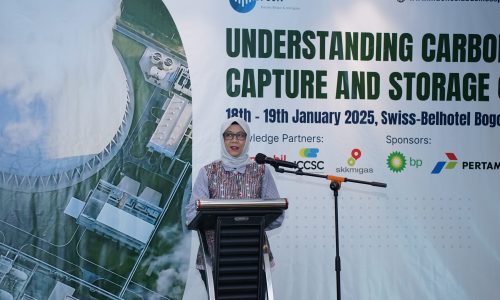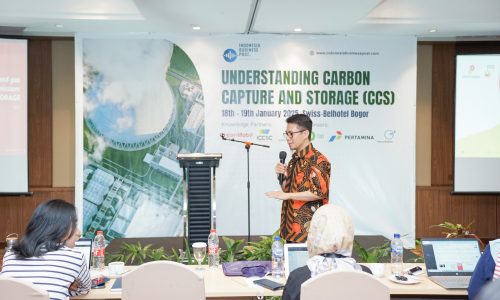Nasdem Party Chairman Surya Paloh is considering to offer former Jakarta governor Anies Baswedan as a vice presidential candidate to other political parties. Apparently, he is having a second thought on his declaration to nominate Anies as a presidential candidate. He has realized that Anies’ chance to win the presidential election would be thin if the latter is still using his identity politic card.
A source within the government said the opportunity to win the February 14, 2024, election is bigger if Anies become number two for Ganjar Pranowo, Central Java governor and a politician from the Indonesian Democratic Party of Struggle (PDIP).
“Paloh has a strategy to nominate Ganjar as a presidential candidate and Anies as a vice presidential candidate,” the source told Indonesia Business Post on December 2, 2022. However, the source said, it has not been certain if Ganjar wants to pair with Anies.
Avoiding polarization
Ganjar has not received a “blessing” from PDIP matriarch Megawati Soekarnoputri to run for the 2024 election. The party has yet to officially name any candidates for the presidential election although the public has seen Ganjar as the strongest candidate compared to Megawati’s daughter Puan Maharani, who is also the House of Representatives’ Speaker.
A source within the Nasdem Party confirmed that the party had a backup scenario for Anies. The source explained that one day Paloh summoned Anies and asked the latter to be a vice presidential candidate for Ganjar.
“Anies said it was okay for him to be [nominated as] number one [president] or number two [vice president],” the source said, adding that Paloh has had the intention to avoid polarization in the 2024 elections.
Read also: Anies Baswedan’s presidential candidacy is in disarray
The 2014 and 2019 General Elections and the 2017 Jakarta gubernatorial election were examples on how bad the political polarization threatened the nation’s integrity.
The source revealed that Nasdem Party actually had a plan to declare Ganjar and Anies as a pair for the presidential elections. However, the PDIP turned down the plan.
Opportunity to win
Pelita Harapan University’s political analyst Emrus Sihombing said there was a possibility for Anies to pair with Ganjar. He explained that Indonesia’s politic has been very dynamic, unpredictable and full of peculiarities. However, he added, the chance for the pair to win the election would depend on PDIP’s support.
“If they are not supported by the PDIP, the public perception on Ganjar will be bad since he is an ideological cadre of the party. If PDIP supported Ganjar and Anies, it would be a nationalist-religious coalition,” Sihombing explained.
He also said that other political parties including the National Awakening Party (PKB), the United Development Party (PPP), the National Mandate Party (PAN) and the Nasdem Party could form a coalition to support Ganjar-Anies’ candidacy.
“At least there will be three pairs of candidates. Apart from PDIP sponsored candidacy, one pair of candidates will be endorsed by the Golkar Party and another by the Gerindra Party,” he said.
Read also: Jokowi’s ‘white hair, facial wrinkles’ statement may boost Ganjar Pranowo’s electability
Golkar has yet to name its presidential candidates but the party is very likely to nominate its chairman Airlangga Hartarto either as a presidential candidate of a vice presidential candidate. Meanwhile, Gerindra has named chairman Prabowo Subianto, currently defense minister, as a presidential candidate.
Identity politic
Sihombing dismissed Nasdem’s concern over political polarization, saying it only happened at the elite level. He said there was no polarization at the grass root level. Indonesians have so far lived in harmony despite their differences on ethnic groups, religions and political affiliation.
“When general elections take place, the voters see each other peacefully when coming to the polling stations. It means the polarization and opposing camps only take place at the elite level. Political elites says there is polarization but there is none in the society,” he explained.
Read also: Polarization, identity politics continue to threaten democracy in 2024 general elections
If there is a group of people who uses identity politic and polarization, the number is smaller than 270 million of Indonesian population. “The number of people who raise banners on polarization, identity politic is no more than 10 million from this camp and another camp. It means there may be only 20 millions. If we compare it with 270 million of Indonesia population, the number is small,” Sihombing emphasized.









